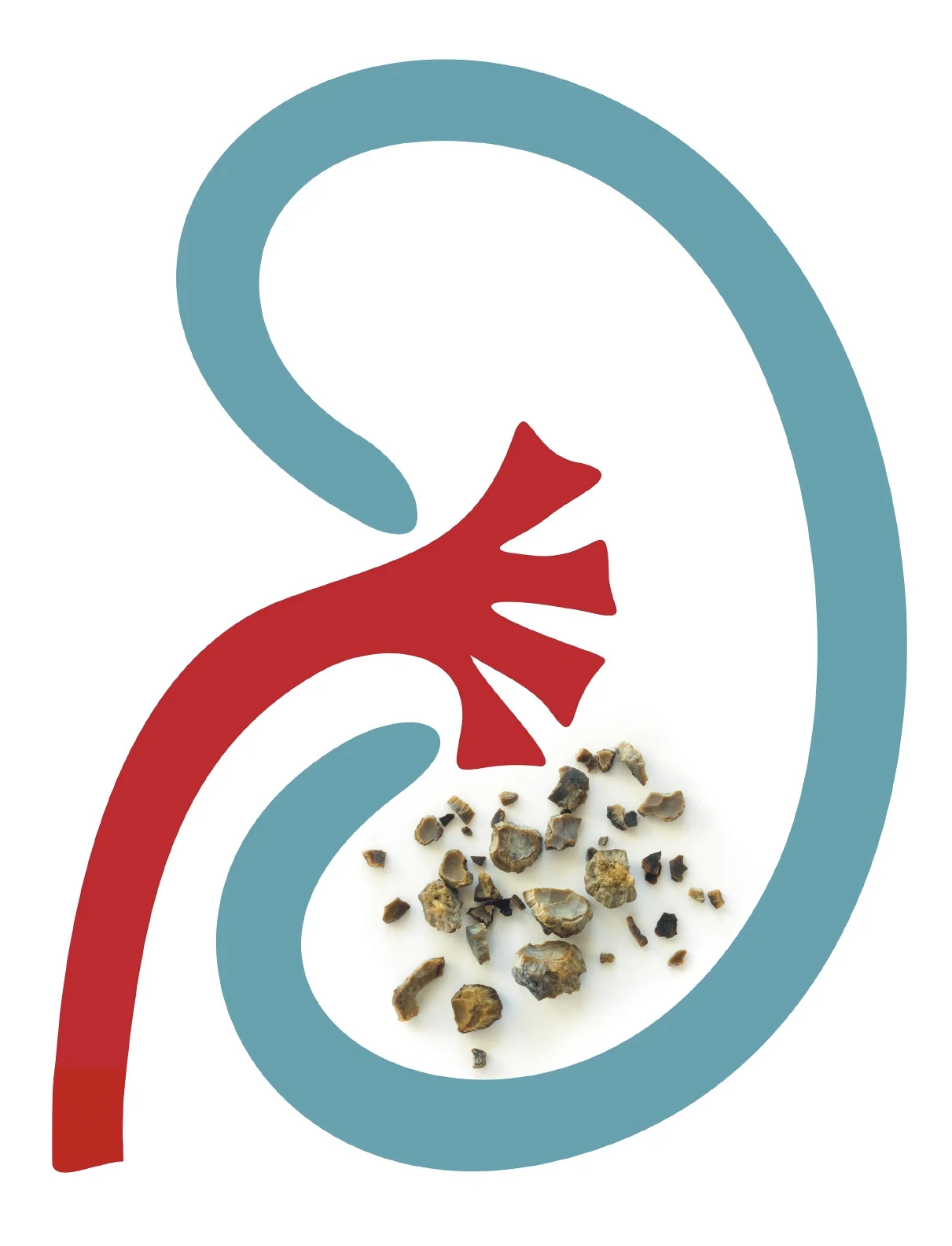Kidney / Bladder Stones
Kidney Stones
Kidney stones are small, hard mineral deposits that form in the kidneys and can cause a great deal of pain and discomfort when they pass through the urinary tract. If you have kidney stones, your doctor may recommend a variety of treatments, including medication, hydration, and, in some cases, surgery to remove the stones.
The most common surgical procedure used to remove kidney stones is called ureteroscopy. This procedure involves the use of a small, flexible telescope called a ureteroscope that is inserted through the urethra and bladder into the ureter, the tube that connects the kidney to the bladder. The urologist then identifies the stone and uses a small instrument to break it up into smaller pieces. The smaller stones can then be removed through the ureteroscope or passed out of the body naturally.
Another procedure used to remove kidney stones is called percutaneous nephrolithotomy. This procedure is used for larger stones that cannot be removed through the ureteroscope. In this procedure, a small incision is made in the back, and a scope is inserted directly into the kidney to remove the stone. Extracorporeal shock wave lithotripsy (ESWL) is a non-invasive procedure that uses high-energy sound waves to break up kidney stones into small fragments. The fragments can then be passed out of the body naturally through urine. This procedure is typically used for smaller stones.
In some cases, a combination of procedures may be used to remove kidney stones. Your urologist will determine the best treatment option for you based on the size, location, and composition of the stones, as well as your overall health and medical history. After the stones are removed, your doctor may recommend changes to your diet and lifestyle to prevent future stones from forming. Drinking plenty of fluids, reducing your sodium intake, and eating a diet rich in fruits and vegetables can all help reduce your risk of kidney stones.
Bladder Stones
Bladder stones, also known as vesical calculus, are hard deposits of minerals that form in the bladder. They can range in size from small pebbles to golf ball-sized stones and can be caused by a variety of factors, such as urinary tract infections, bladder outlet obstruction, or an enlarged prostate.
The symptoms of bladder stones can vary depending on the size and location of the stone, but may include:
- Pain or discomfort in the lower abdomen
- Difficulty urinating or frequent urination
- Blood in the urine
- Inability to empty the bladder completely
- Urinary tract infections
Diagnosis of bladder stones may involve a physical exam, imaging tests such as ultrasound or CT scan, or a cystoscopy, which involves inserting a small camera into the bladder through the urethra.
Treatment of bladder stones may involve the use of medications to help dissolve the stones, but larger stones may need to be removed through a surgical procedure such as cystolitholapaxy, which involves crushing the stones with a special instrument and removing them through the urethra. In some cases, open surgery may be needed to remove the stones if they are too large or cannot be removed through the urethra.
Prevention of bladder stones may involve staying well-hydrated, urinating regularly, and treating underlying conditions that can increase the risk of stone formation, such as urinary tract infections or an enlarged prostate.
Stone Disease

What are kidney stones?
Kidney stones are solid pieces of material that form when substances normally found in the urine, such as mineral and acid salts, become concentrated and crystallize.
A stone can range in size from a grain of sand to as large as a golf ball. It may remain in the kidneys or travel down the urinary tract into the ureter. A small stone may pass on its own, causing little or no pain. However, a larger stone may get stuck along the tract and block the flow of urine, resulting in intense pain or bleeding.
Who gets kidney stones?
Anyone can develop a kidney stone, but some people are more likely to get one.
Those with increased risk include:
- Men
- Overweight and obese individuals
- Individuals with a family or personal history of kidney stones
- Individuals who are dehydrated
- Individuals who maintain diets high in protein, sodium, or sugar.
- Individuals with certain bowel conditions, such as chronic diarrhea and Crohn’s disease or those who have undergone gastric bypass surgery
- Individuals with other medical conditions including renal tubular acidosis, cystinuria, hyperparathyroidism, certain medications and some urinary tract infections
Symptoms
Kidney stones do not always cause pain. If they do, the first sign can often be the sudden development of intense, unrelenting and contraction-like pain in the side and back, below the ribs that spreads to the lower abdomen and groin.
Other symptoms may include:
- Nausea and vomiting
- Blood in the urine
- Painful or frequent urination
- Foul-smelling or cloudy urine
- Fever (if an infection is present)
Diagnosis
Tests and procedures to diagnose kidney stones include:
- Detailed family history, lifestyle and dietary habits
- Blood tests
- Urine tests
- Imaging tests
- Analysis of passed stones
If you need more information or have questions, we are here to help. Please contact Z Urology at (954) 714-8200.

